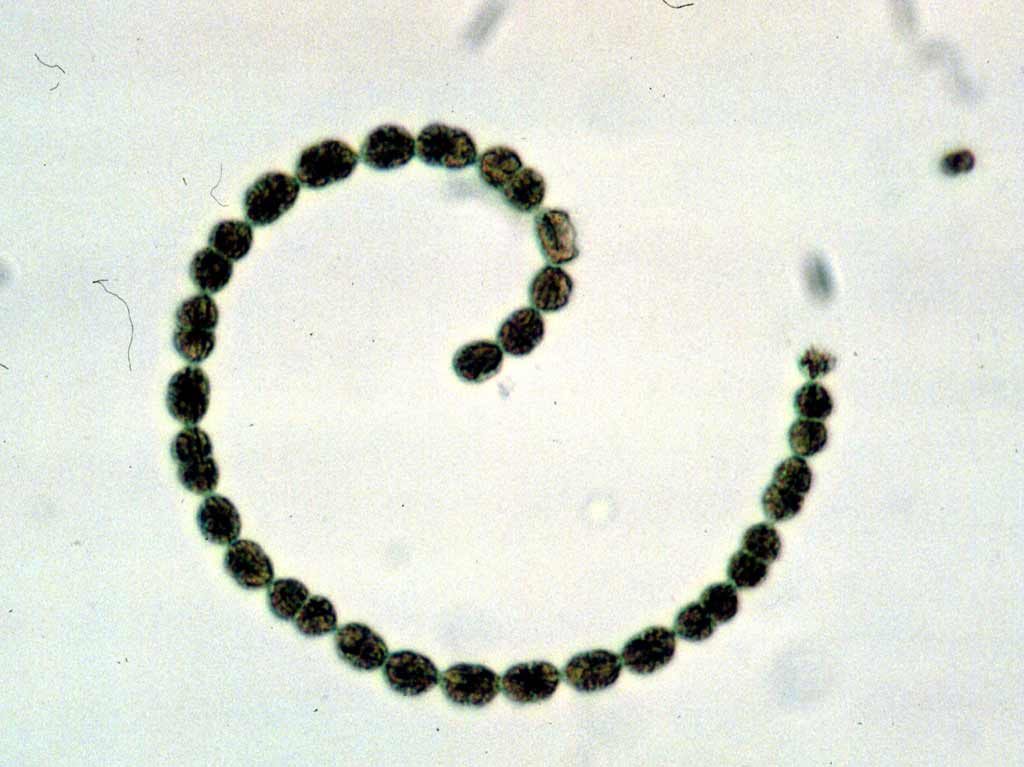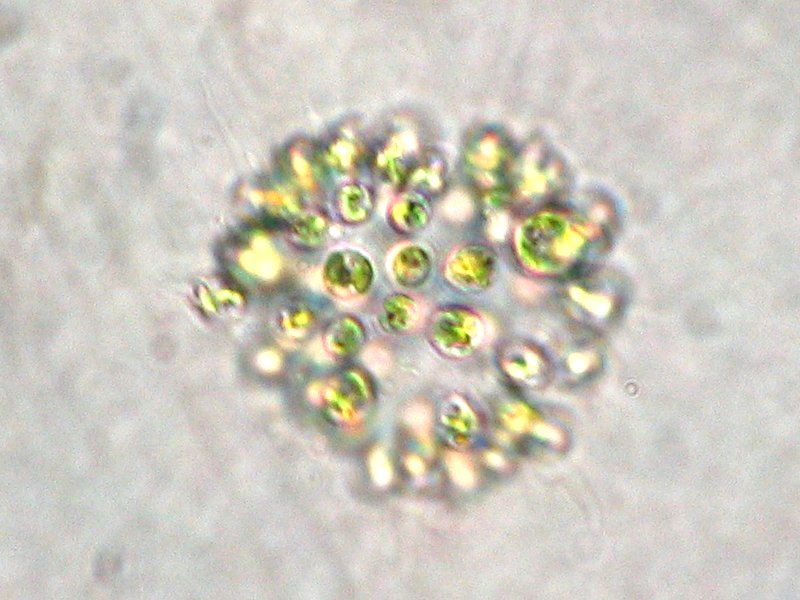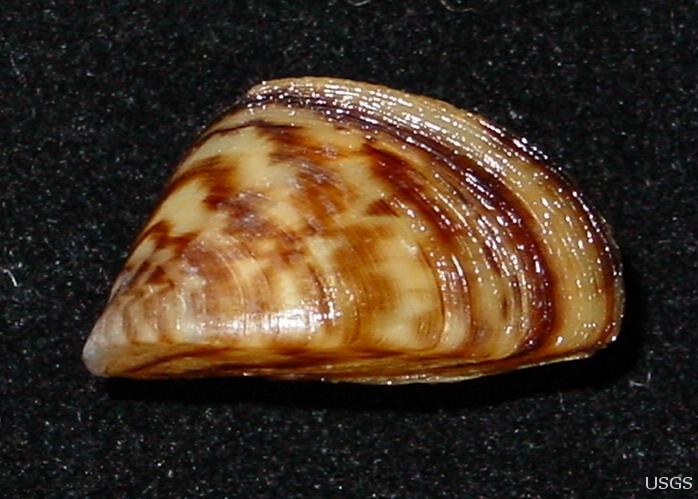Update : 2019-08-14 See the City of Austin page on the expanded area affected by the cyanobacteria and their neurotoxins.
As the summer air temperature continues to heat up, so does the surface water temperature.
The increased water temperature, coupled with decreased water through-flow, and consequent nutrient build-up, result in algal blooms. Normally, these are harmless … unsightly and a bit smelly.
At the moment, Lady Bird Lake seems to be having a problem with cyanobacteria (so-called “blue-green algae”). Two genera, in particular, Anabaena and Microcystis, produce neurotoxic compounds, at times.

While we await the results of testing by the City of Austin, an advisory has been issued for dogs (dogs are permitted to swim in these waters; humans are not).
With the exception of Barton Creek, nearer to the pool than to the river, you might re-consider going into the water or splashing river water onto your face (keep it out of your eyes and out of your mouth). Individuals with known sensitivity to these compounds should be especially aware.

See? Those hundred of hours of environmental engineering coursework back in graduate school might have learnt me a thing or two. 😉
